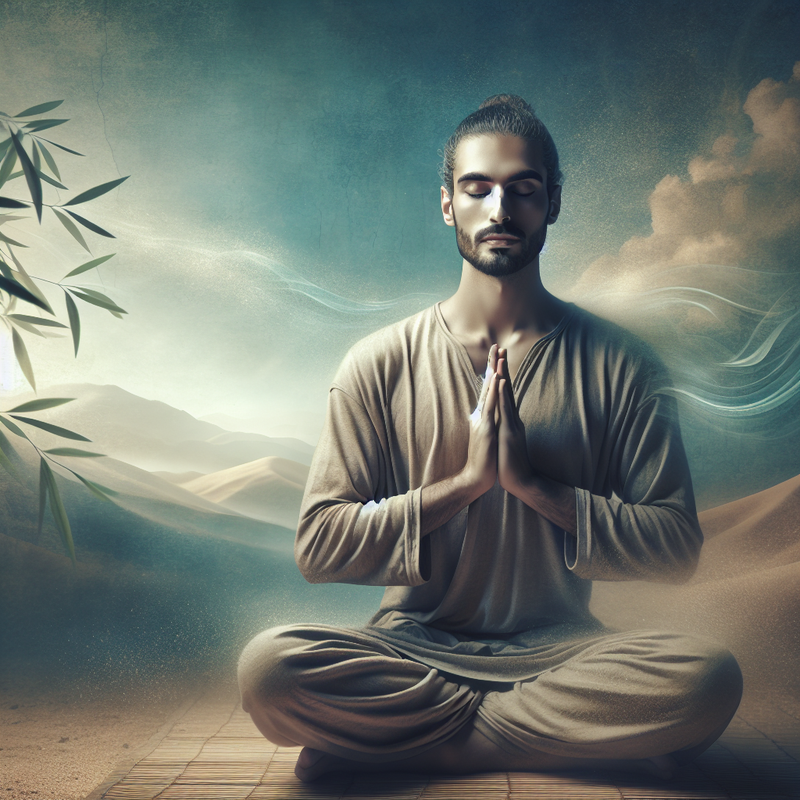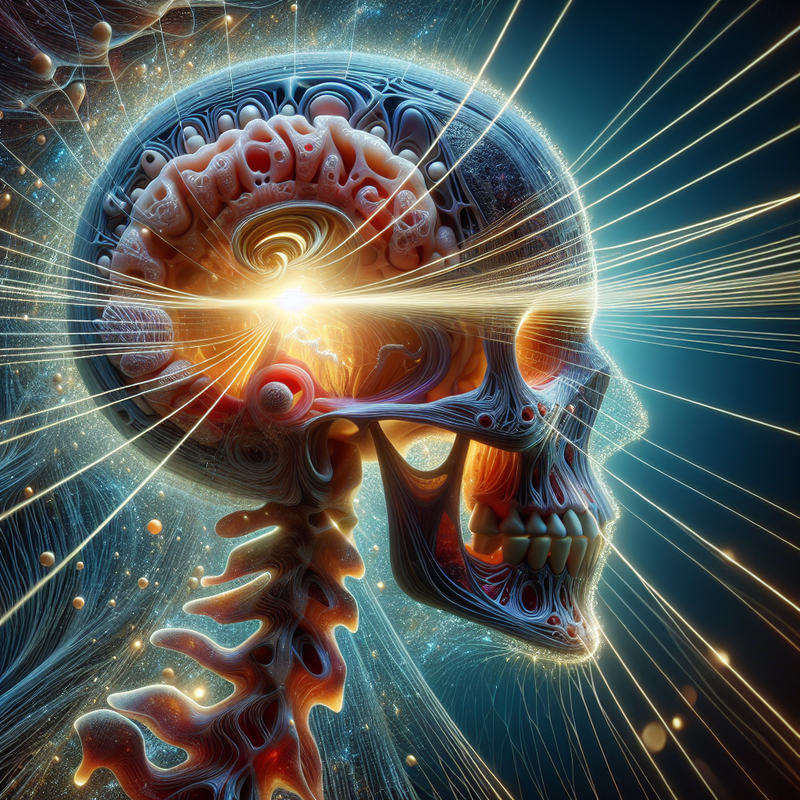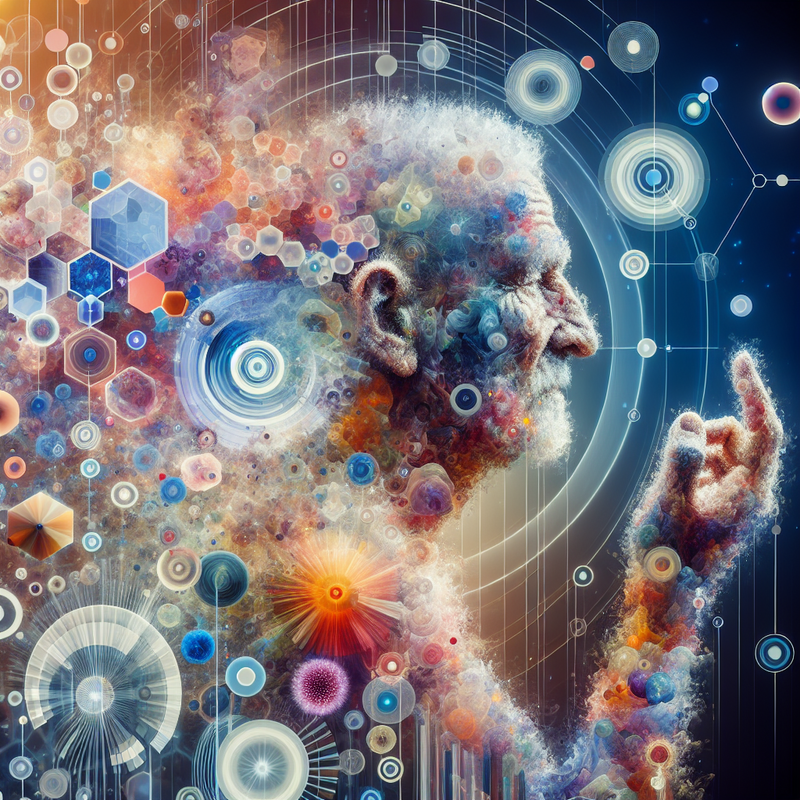In recent scholarly work published on July 23, 2024, in The Philosophical Quarterly, Assistant Professor Akiko Frischhut from Sophia University, Japan, unveils findings regarding the experience of time or, more precisely, the absence thereof in profound meditative practices. For meditation practitioners and scholars alike, the study sheds light on the timeless quality perceived during advanced stages of meditation.
These advanced stages of meditation are often described by those who meditate as devoid of any temporal framework, creating a profound paradox. Dr. Frischhut’s work sets out to unravel this paradox by offering a structured conceptualization. She particularly explores the notion of phenomenal temporality – how time is felt or experienced during meditation.
Exploring the Paradox of Timelessness
Dr. Frischhut proposes an “Extended Now Interpretation (ENI)” to explain the conundrum of timelessness. This theory bridges the gap between meditation experiences described as being beyond time and the subjective experience of the passage of time. The term “timeless” suggests an expanded moment without the usual succession, according to Dr. Frischhut. Meditators might experience an elongated present that seems unchanging, yet they remain conscious of the experience’s duration.
The research further discusses the possibility that being alert to the present moment during such meditative states might offer a background understanding that time continues to tick away. Tuning into the possibility of staying awake every moment, one remains conscious of the passing time, albeit without engaging in a linear calendar of events, Dr. Frischhut explains.
Addressing the challenge posed by certain accounts of meditators losing all memory access in such states, Dr. Frischhut suggests that there is an intrinsic quality of alertness within each moment that subtly recalls previous instances of wakefulness, resulting in an uninterrupted feeling of ongoing duration.
Dr. Frischhut’s intrigue in the spectrum of human consciousness is apparent as she calls for more philosophical discussions about meditative states as well as other altered states of awareness, such as those experienced in dreams and psychedelic journeys. She encourages a deep dive into such non-ordinary states of consciousness, which remain underexplored in philosophical domains, to enrich our grasp of temporal perceptions and how our minds navigate them.
Assistant Professor Frischhut’s insights offer a fresh and enlightening view on the experience of timelessness as reported by individuals during meditation and contributes significantly to ongoing discourse on the characteristics of conscious experience and how they juxtapose with time.







